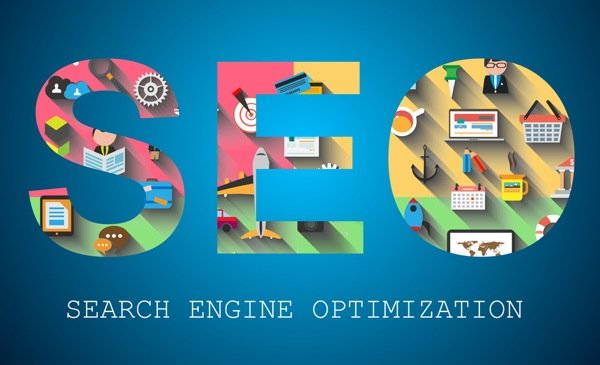Here we’ll discuss ‘How Much Should You Spend on Internet Marketing & SEO in Order to Rank #1’? A typical business in the middle industry should provide at least 20 hours a month for digital marketing. If a company works in a competitive industry as lawyers and dentists, they probably need to expand their investment in the market. If your current website is in poor condition or you are just a beginner, you probably need to spend more on advertising than someone who is already on the second page but wants to be at the top of the first page.
Whether you’re a startup or an established business, investing in Internet Marketing and Search Engine Optimization (SEO) is crucial for enhancing visibility, driving organic traffic, and ultimately securing a prominent position in search engine results. However, determining the right budget for these endeavors can be a challenging task. In this comprehensive guide, we’ll delve into the intricacies of allocating funds for Internet Marketing and SEO to ensure that your investment yields optimal results.
Most agencies charge between $ 80 and $ 200 per hour for digital marketing. If we look at a 20-hour marketing project a month for $ 100 an hour, you will pay about $ 2,000 a month for regular service.
We often see companies offering between $ 500 and $ 50,000 a month for digital marketing. You can find some marketing canters that offer services for less than $ 500 a month, but what one can achieve in 5 hours a month; it is probably not enough to submit your website to the home page unless you are not in a competitive industry and work in a very small town.
Most small to medium businesses pay between $ 2,000 and $ 6,000 a month. While businesses seek prominence they pay between $ 10,000 and $ 20,000 a month for their marketing efforts.
Big organizations often donate over $ 100,000 to online marketing each month.
Table of Contents
1. Variables That Determine Digital Marketing Prices:
Digital marketing prices are influenced by several variables:
- Scope of Services: The range and complexity of services required, such as SEO, PPC, social media marketing, and content creation.
- Expertise of the Agency: Agencies with a strong reputation and experienced professionals may charge higher fees.
- Type of Strategies: The cost can vary based on the specific digital marketing strategies employed, each with its own pricing model.
2. How Your Location Affects the Price:
- Cost of Living: Agencies in areas with a higher cost of living may charge more. However, consider factors like the quality of services and potential convenience when choosing a local agency.
- Global Options: Remote agencies may offer competitive rates while providing services globally. This can be cost-effective without compromising on expertise.
3. How Your Market Competitiveness May Affect Cost:
- Level of Competition: Highly competitive industries may require more sophisticated and aggressive digital marketing strategies, leading to higher costs.
- Industry Analysis: Conduct a thorough analysis of your industry’s competitive landscape to determine the intensity of marketing efforts needed.
4. How the Timeline Can Affect the Price:
- Urgency: If quick results are needed, agencies may need to allocate more resources, potentially increasing costs. Plan your digital marketing campaigns with a realistic timeframe to manage expenses effectively.
5. How Your Current Search Engine Results Can Affect Value:
- SEO Audit: Assess your current search engine rankings and website performance. A detailed SEO audit can identify areas for improvement and guide budget allocation effectively.
6. How Well Your Website Converts Visitors:
- Conversion Rate Optimization (CRO): A high converting website justifies higher marketing expenditures. Investing in CRO improves user experience, leading to better conversion rates and increased ROI.
7. Cost of Cheap SEO:
- Risks of Cheap Services: Extremely cheap SEO services may use unethical tactics that can harm your website’s reputation and long-term ranking. Balance affordability with quality to ensure sustainable results.
8. Managing Your Resources:
- Performance Monitoring: Regularly monitor the performance of each marketing channel. Allocate resources based on effectiveness to maximize ROI and avoid unnecessary spending on underperforming channels.
9. Information Architecture, Content, and Backlinks:
- Information Architecture: A well-organized website structure enhances user experience and search engine visibility.
- Quality Content: High-quality, relevant content is crucial for SEO and audience engagement.
- Backlinks: Building reputable backlinks from authoritative sources boosts your site’s credibility in search engines.
10. Budget Improvement:
- Data-Driven Adjustments: Regularly assess performance data and adjust your budget accordingly. Allocate resources to strategies delivering the best results and adapt to changes in your industry or target audience.
By considering these factors in detail, businesses can make informed decisions when budgeting for digital marketing, ensuring a strategic and effective approach to online visibility and growth.



